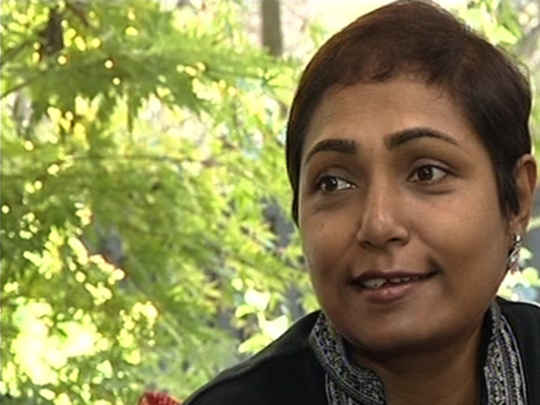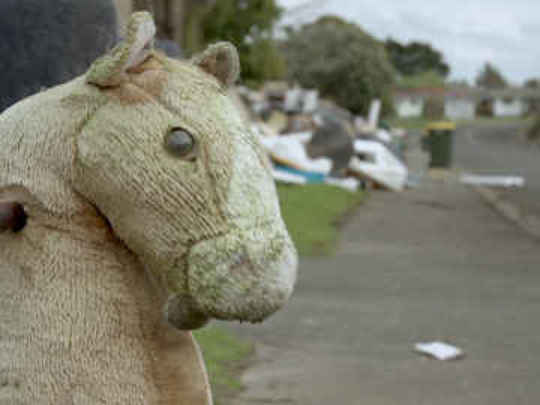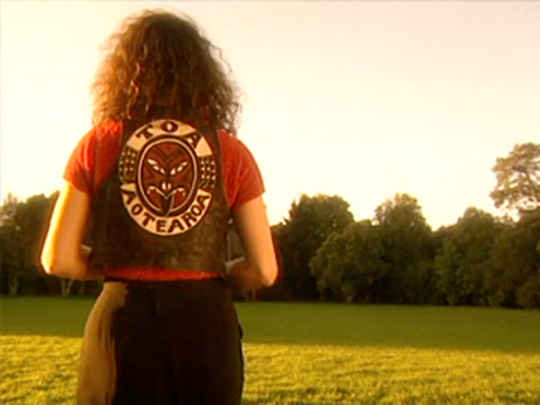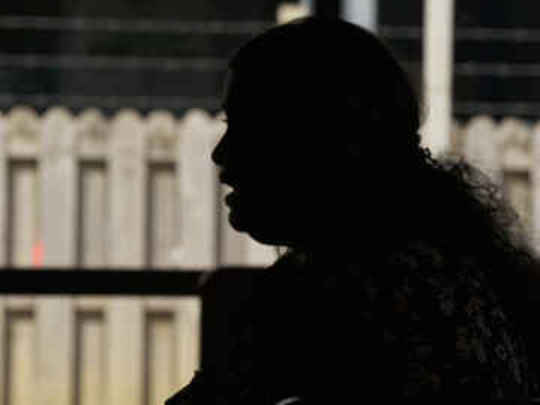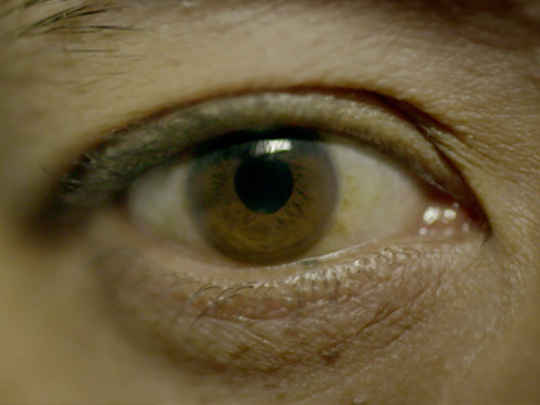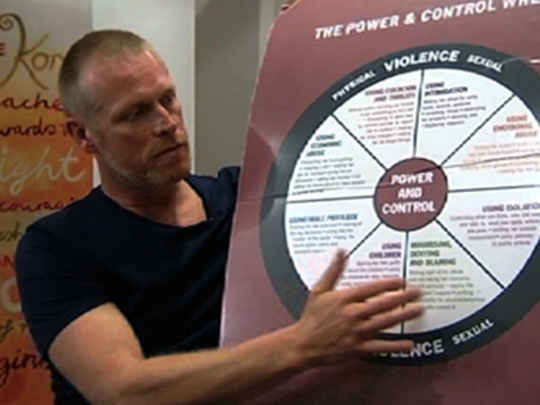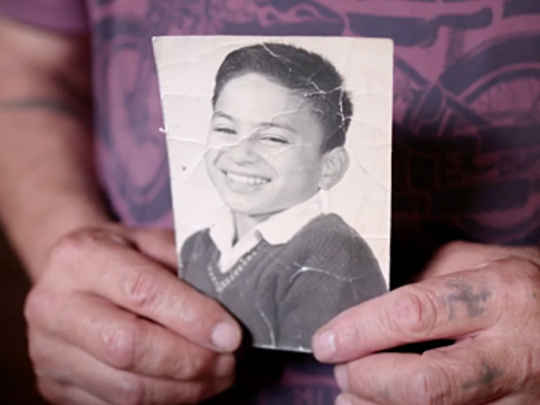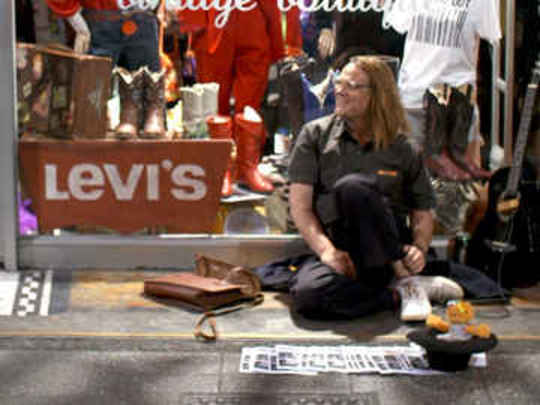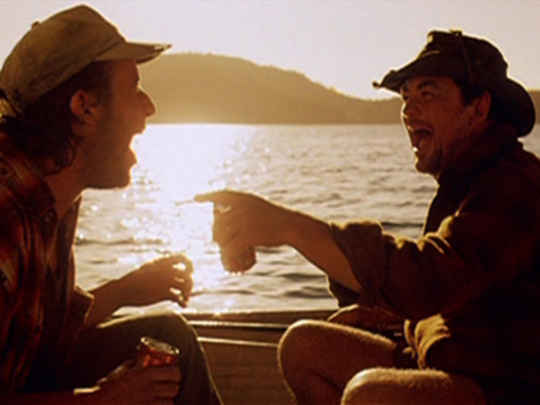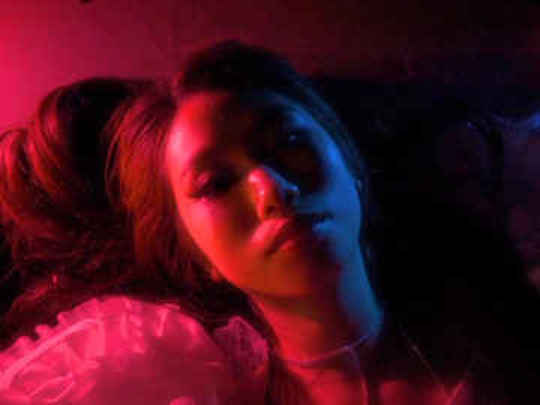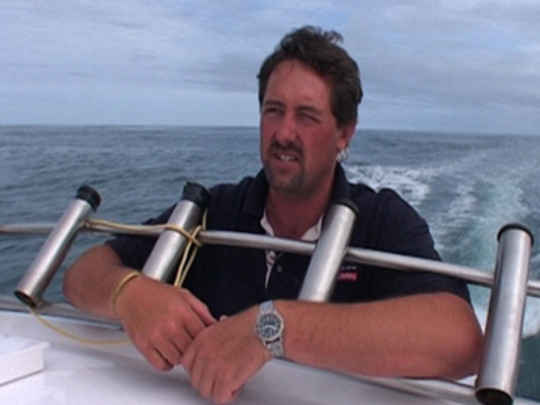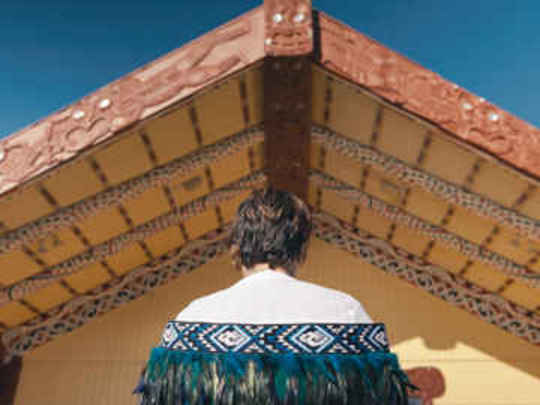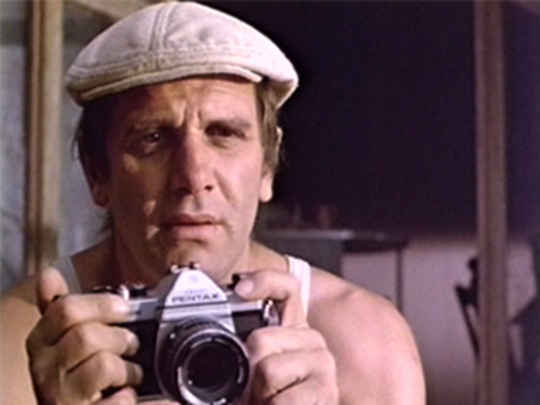Breaking Silence - Series One
Web (Full Length Episodes) – 2020
She's with me all the time...because I'm not strong enough to do it on my own.
– David White on remembering his daughter, in his work spreading the message of anti-violence, in episode two
Healing is a super personal journey. You have to do it with courage, and it takes determination and it takes strength.
– Presenter Simonne Butler on the long journey of self-healing after domestic abuse, in episode one
New Zealand has the highest rate of domestic abuse per capita in the developed world. Abuse needs silence to thrive. In this series Simonne Butler, herself the survivor of a vicious attack that nearly took her life, meets those brave enough to break their silence. These are their stories.
– Narrator Truda Chadwick introduces the episodes
When we stay silent, we give the user of violence an added level of power. And so when we break the silence you are actually breaking some of that power.
– Presenter Simonne Butler on breaking the silence around abuse, in the first episode
...his behaviours were absolute indicators of the control and abuse in a family violence situation. Monitoring where Helen was and going shopping, 'who you're talking to?'. It's even checking the speedo the car;, it's looking at the phone when the back's turned to see what messages you've got. So many little things, until it gets bigger and bigger, more confrontational...
– David White on the man who killed his daughter, in episode two
I'm 54 years old now — up until my 40s a perpetrator of domestic violence on multiple partners over the years, and a couple of children from one of those relationships were also dragged through the cycle. I call it a bit of a curse that I've put on my family. I would have protected my family with my life, my kids from anybody else. Never ever did I think to myself or look inwardly at myself, and think that maybe my family needed protection from me and my behaviour.
– Jeremy, a former abuser who is now speaking openly about his past, in episode four
Shakti focuses on immigrant refugee women from Asia, Africa, Middle Eastern countries. Many of them are not understanding what sort of support systems are out there. Language barriers. There's many issues like forced marriage, underage marriage, dowry abuse, FGM.
– Farinda from Shakti Women's Refuge on issues facing migrant women, in episode five
There was physical intimidation, but there was never physical abuse, and I always made it clear to him that if he laid one hand on me I was gone. I just thought abuse was being hit.
– An anonymous victim of abuse explains her preconceptions about what abuse is, in episode six
She collects household goods and furniture for abuse survivors and their children, and installs them in their new homes.
– Narrator Truda Chadwick on the work of Kerryn Thrupp, founder of charity Woven Earth, in episode seven
I've hurt Landa with a lot of things that I've said about her, bringing down her morale. But I just didn't know how to handle my anger. But it was scaring my wife and my kids....
– Ace talks about dealing with his anger, in episode eight


